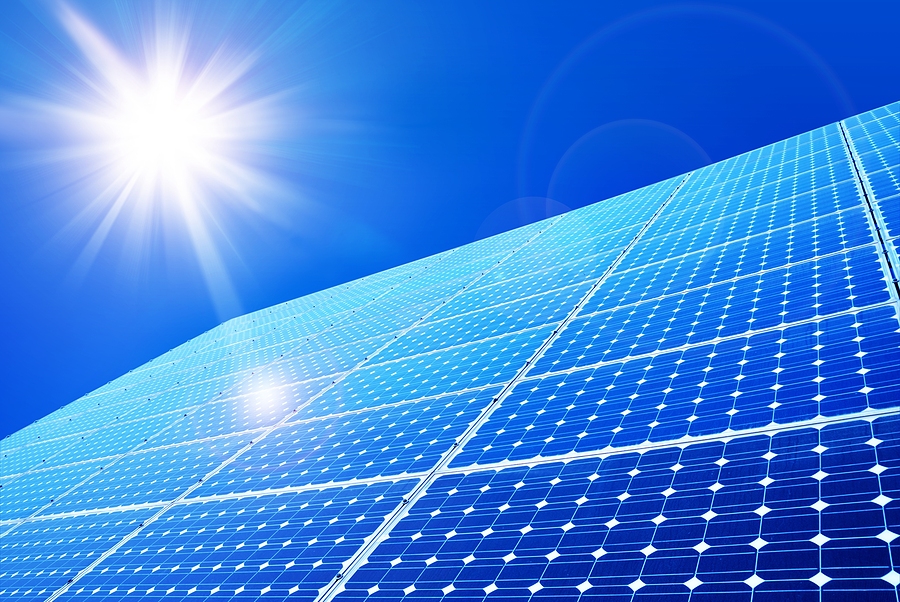
In an era driven by diverse energy needs and a growing concern for the environment, the solar epoch has emerged as a game-changer. Solar panels, championing renewable energy, have become an integral part of the global shift towards sustainable development. This blog post explores the significance of solar panels, their benefits, and how they are shaping our world.
Harnessing the Sun’s Potential
The solar epoch revolves around the idea of harnessing the enormous power of the sun and transforming it into usable energy. Solar panels, also known as photovoltaic (PV) panels, are the key technological tool in this endeavor. Made up of multiple interconnected solar cells, these panels convert sunlight into electricity through the photovoltaic effect.
Environmental Advantages
The environmental advantages of the solar epoch and solar panels are profound, contributing significantly to a sustainable and eco-friendly future.
- Reduced Greenhouse Gas Emissions: A standout environmental benefit lies in the substantial reduction of greenhouse gas emissions. Unlike traditional energy sources that heavily rely on fossil fuels, the solar epoch, powered by solar panels, produces clean and renewable energy. This shift eliminates the emission of harmful gasses, such as carbon dioxide and methane, playing a pivotal role in mitigating climate change and preserving the delicate balance of our environment.
- Minimal Impact on Ecosystems: Solar panels demonstrate a minimal ecological footprint compared to other forms of energy generation. Unlike large-scale projects like oil extraction or coal mining, solar panels require limited land use. This minimizes disruption to ecosystems and habitats, ensuring the preservation of biodiversity and the delicate balance of the natural world.
- Zero Harmful By-products: The energy generated by solar panels is clean and does not produce harmful by-products. Traditional energy sources, on the other hand, often result in the release of pollutants and hazardous materials during the extraction and burning of fossil fuels. Solar panels contribute to cleaner air, water, and soil, promoting a healthier environment for both humans and wildlife.
- Resource Accessibility and Abundance: Solar energy, the driving force behind the solar epoch, is readily accessible and abundant. The sun, a constant and powerful source of energy, provides an infinite supply of sunlight. Harnessing this energy with solar panels minimizes the pressure on finite resources, ensuring a sustainable and responsible choice for meeting our energy needs without depleting the Earth’s natural reserves.
- Mitigation of Environmental Risks: Solar panels mitigate the environmental risks associated with traditional energy sources. The potential for oil spills, a common hazard in fossil fuel industries, is eliminated. Solar panels operate without the need for large-scale mining activities or transportation of hazardous materials, reducing the likelihood of accidents that could harm ecosystems and ecosystems.
- Preservation of Natural Landscapes: Unlike some conventional energy infrastructure, solar panels can be integrated into existing structures or placed on rooftops without the need for extensive land use. This preserves natural landscapes, preventing the destruction of ecosystems for the construction of power plants or drilling sites. The aesthetics of natural environments remain intact, allowing coexistence with sustainable energy generation.
Financial Benefits
Investing in solar panels can be advantageous financially as well. While the initial installation cost may seem high, the long-term benefits outweigh the initial investment. Solar panels provide a reliable and independent source of energy, reducing dependence on fluctuating energy prices. Consequently, homeowners and businesses alike can enjoy significant savings on their electricity bills. Many countries encourage the adoption of renewable energy by offering subsidies and grants, making the transition to solar power an economically viable option.
Energy Independence
As the solar epoch unfolds, energy independence has begun to take center stage. Solar panels allow individuals and communities to produce their own electricity without relying solely on traditional energy providers. This newfound self-sufficiency empowers individuals to control their energy consumption, leading to reduced carbon footprints and a heightened sense of responsibility towards the planet.
Wide-ranging Applications
Solar panels are versatile and can be used in various applications, catering to both residential and commercial needs. In residential settings, solar panels can be installed on rooftops to generate electricity for individual households. They can power appliances, heat water, or even charge electric vehicles, leading to a greener and more sustainable lifestyle. This transition towards solar power not only reduces operational costs but also enhances the reputation of businesses as environmentally responsible entities.
Technological Advancements
A pivotal factor contributing to the solar epoch’s success is the ongoing research and technological advancements in the field. Scientists and engineers continuously strive to improve the efficiency and affordability of solar panels. From new materials and manufacturing techniques to innovative storage solutions, these advancements pave the way for a widespread adoption of solar energy.
Overcoming Challenges
While the solar epoch holds tremendous potential, challenges persist. The intermittency of sunlight, for instance, presents hurdles in consistently harnessing solar energy. However, advancements in battery technology and energy storage systems are addressing this issue, ensuring a steady supply of electricity even during cloudy days and at night.
Conclusion
The solar epoch has ushered in an era of clean and sustainable energy. Solar panels are revolutionizing the way we generate electricity, providing numerous environmental, financial, and societal benefits. As we navigate the challenges and capitalize on technological advancements, embracing solar energy in our lives becomes not just a choice, but a responsibility towards a greener future.

